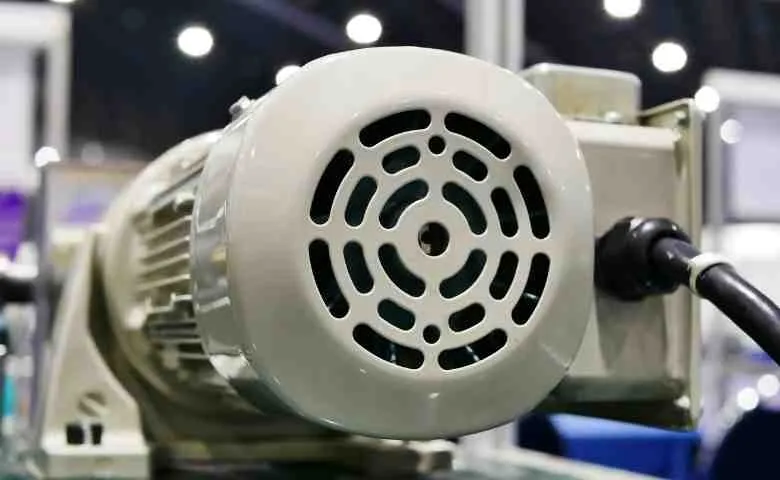Last Updated on August 18, 2022 by Admin
Not all construction companies employ a full-time mechanical engineer, so it is left to mechanics to deal with any issues that arise on the job. One of the more common problems with motorized machines is overheating.
There are several reasons why this can happen, but it isn’t always what you might think. For example, when the engine in your car overheats you automatically assume it is low on oil or water, right? That isn’t always the case. You might have plenty of water but a clog in the coolant hose. This is the same concept when trying to diagnose what is wrong with heavy machinery. If your machine is overheating, it could be one of the following main reasons.
1. Continuous Running of Intermittent Duty Motor
One of the main issues that arise is when an intermittent duty motor is forced to run continuously in an application. In order to determine if this is the case, check out the four main types of motor duty cycles. It is imperative to use the correct duty cycle for the application, so this might be the first place to start.
2. Ambient Temperatures Too High
Although your motor has a cooling system, the ambient temperature according to the manufacturer’s instructions should be ascertained. In most cases, the ambient temperature range falls between 68 to 104 degrees Fahrenheit. Every motor is designed to operate within a specific environment so alterations in placement or design might be required.
3. Motor Too Small for Current Application
Even if the duty cycle and ambient temperatures are correct at the beginning of an application, a motor that is too small will require much more power to operate. It will not be able to allow for the dissipation of heat quickly enough due to the excess work required of it.
4. Inadequate Ventilation
This is something else which may seem obvious now that you think of it, but when your motor is overheating and you are frustrated, it might not occur to you. All of the above issues might come first to mind. It doesn’t take long to make sure that some of the ventilation holes aren’t blocked. In fact, maybe that’s where you should start since it’s a quick visual assessment.
5. Working at High Altitudes
Motors will cool less efficiently at altitudes above 3300 feet. This is because there is less oxygen at this altitude and the motor is forced to work harder. If you are working a job at or above that level, you may want to pace your work accordingly. Instead of running that particular piece of equipment for the full day, allow extra time for cooling while the crew works another task or breaks for lunch perhaps.
Each of these are common reasons why motors overheat on heavy equipment, but perhaps the trickiest one to diagnose would be checking to see that your motor duty cycles are correct for the application you are running. It always pays to read the manufacturer’s instruction manual and specs to ensure you have it right. While you aren’t a mechanical engineer, you can learn to diagnose and correct those issues that are causing your motor to overheat.


